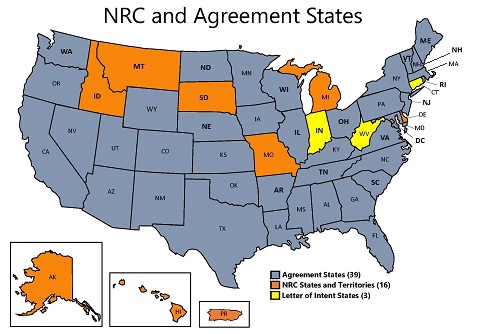

Florida also requires them in new construction, and in every room with a boiler. Minnesota passed a law requiring detectors in motor boats. Connecticut requires them in all new construction, as does New Hampshire, Oregon, Pennsylvania, Rhode Island, Utah, Vermont, Washington and West Virginia. Alaska requires detectors approved by the state fire marshal be installed in all dwellings. The mandate varies from every enclosed room being required to have detectors, to every room that has a smoke alarm to have a detector, with only day-care centers and group homes needing detectors.Īs of March 2018, a majority of states have enacted statutes regarding carbon monoxide (CO) detectors, and another 11 have promulgated regulations on CO detectors. >With the number of illnesses and death caused by high levels of carbon monoxide (CO) in homes and buildings, state legislatures have begun adopting laws mandating the use of carbon monoxide detectors. die annually from carbon monoxide poisoning. According to the CDC, over 10,000 are poisoned by carbon monoxide needing medical treatment each year and more than 438 people in the U.S. IntroductionĬarbon monoxide poisoning is the second most common cause of non-medicinal poisonings death. Note: The information on this page is for reference by state legislators and legislative staff. If you are a homeowner, landlord or tenant with questions about carbon monoxide detector requirements in your area, please contact your state or local housing department. Law, Criminal Justice and Public Safety.Communications, Financial Services and Interstate Commerce.

NYS FIRE ALARM LICENSE LSIT PROFESSIONAL

Therefore, the NYLVCA makes no representations as to the accuracy, completeness, currency or suitability of the information provided by this web site, and denies any expressed and implied warranty as to the same. While all attempts are made to provide accurate, current, and reliable information, the NYLVCA recognizes the possibility of human and/or mechanical error.

Information provided on this web site is intended to allow the public and members of NYLVCA access to public and association information. Disclaimer The information provided at web site should not be construed as giving business, legal, or other advice.


 0 kommentar(er)
0 kommentar(er)
